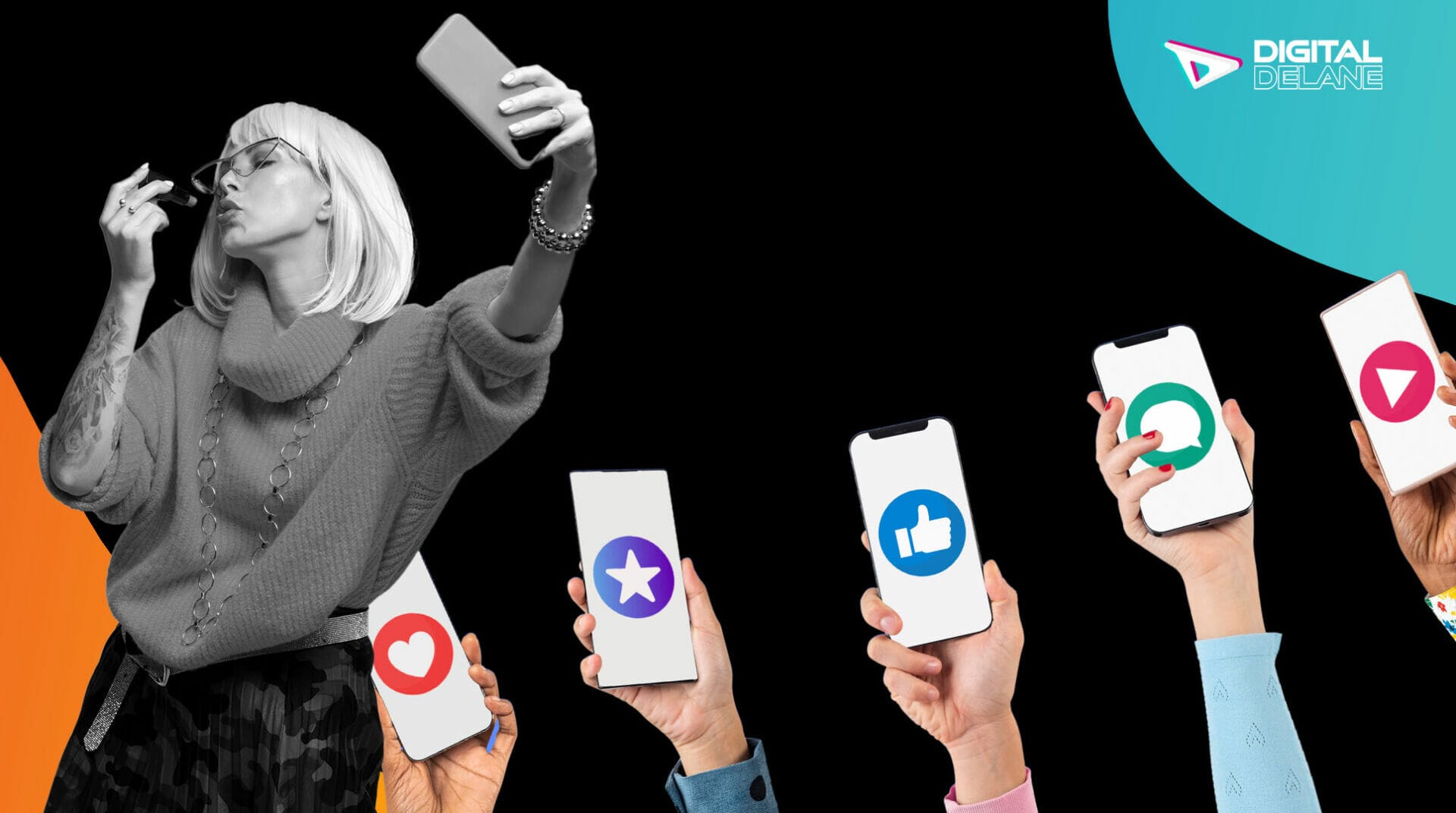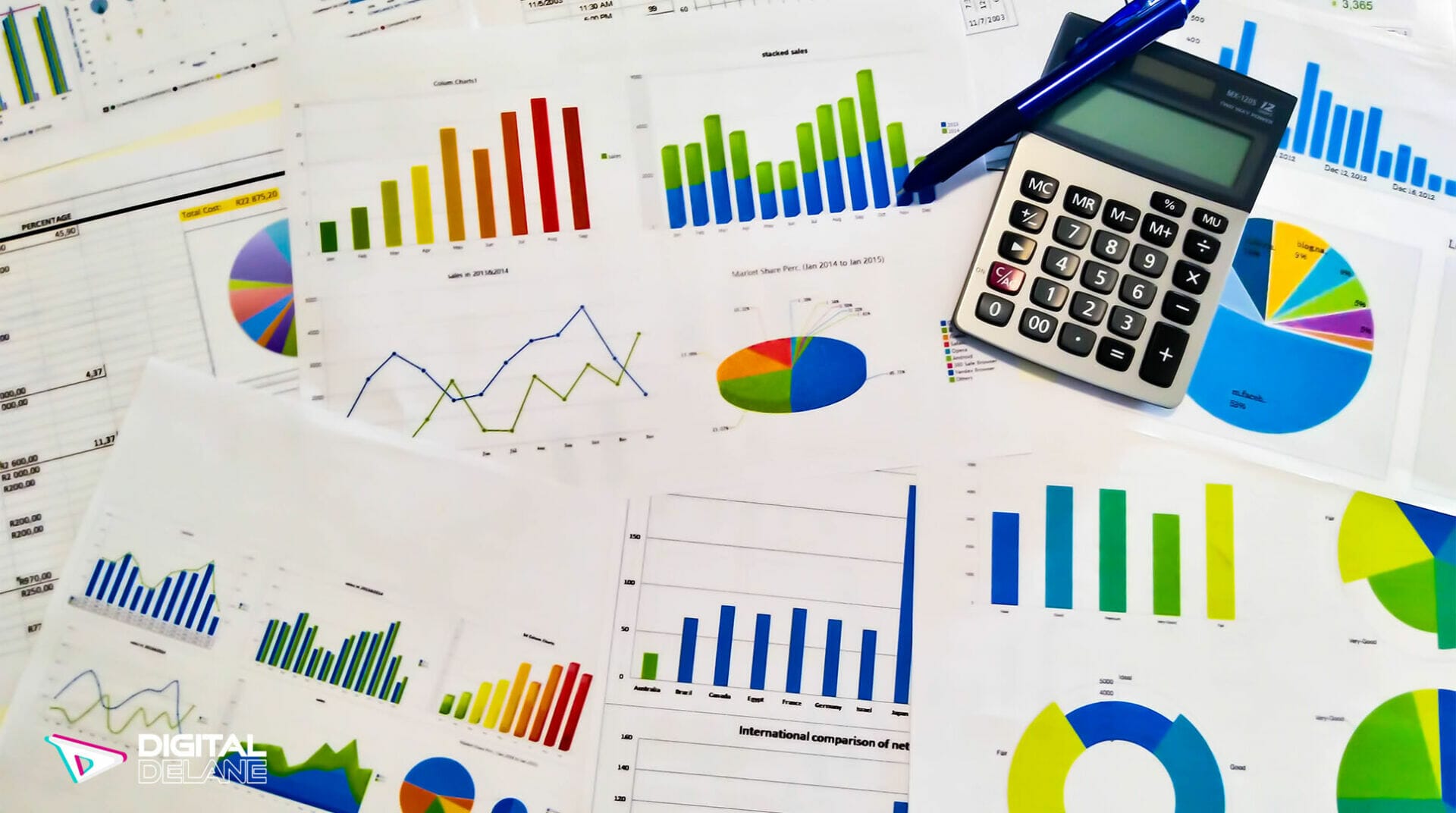Influencer Marketing Measurement: Evaluating Long-Term Brand Impact

In today’s digital age, where attention spans are short and trends change rapidly, influencer marketing has emerged as a dominant strategy for brands to engage with their target audiences. However, while the immediate metrics like engagement, reach, and sales generated from influencer campaigns are essential, brands should also focus on evaluating the long-term impact of such campaigns on their overall brand equity and perception. In this blog, we will delve into the complexities of measuring the long-term brand impact of influencer marketing campaigns and discuss key strategies for effectively evaluating this impact.
The Challenge of Long-Term Measurement of Influencer Marketing Campaign


In influencer marketing, assessing the immediate outcomes, like the number of likes, shares, and clicks, is relatively straightforward. These metrics give brands a snapshot of the campaign’s performance in generating buzz and driving short-term sales. However, the true challenge lies in understanding and quantifying the long-term impact of influencer marketing on a brand’s equity, reputation, and relationship with its audience. A critical factor in ensuring the success of your influencer marketing program is setting clear objectives and using appropriate performance indicators. By aligning your campaign goal with these indicators, you can gauge the performance of your influencers in driving the desired outcomes. Building strong influencer relationships also contributes to your campaigns’ authenticity and effectiveness.
Brands often find it challenging to attribute changes in consumer perception, loyalty, and overall brand equity directly to influencer campaigns, especially over a prolonged period. Unlike traditional advertising, where direct ROI measurements are more feasible, influencer marketing’s impact is multifaceted and may not result in immediate tangible outcomes. By focusing on influencer selection, utilizing marketing tools, and consistently tracking influencer performance, you can evaluate the effectiveness of your influencer marketing initiatives and optimize your strategies for maximum impact. Social media platforms act as powerful channels for reaching your audience and tracking metrics such as the number of engagements provides insights into the effectiveness of your influencer marketing efforts.
Do you want to grow faster? Schedule a free consultation call with an expert
Critical Metrics for Measuring Long-Term Brand Impact


To measure the success of influencer marketing, a range of marketing metrics come into play. Tools like social media analytics enable you to delve into the specifics of content marketing, understanding what resonates with your audience and refining your strategies accordingly. One of the easiest ways to track and measure your influencer marketing performance is through tracking links. Analyzing the return on investment quantifies the value generated from influencer collaborations and helps identify improvement areas. This data-driven approach allows marketers to optimize their strategies and allocate resources more efficiently, ensuring that the influencer program aligns with broader marketing objectives.
Using tools like Google Analytics, you can accurately measure the traffic, engagement, and conversions driven by each influencer. Influencer marketing platforms facilitate the measurement of campaign ROI, allowing digital marketing companies to quantify the value generated from their influencer partnerships. These platforms provide a centralized dashboard to track your influencer collaborations, monitor performance metrics, and gauge the campaign’s success against set KPIs. By strategically aligning influencers with specific marketing channels, you can track their contributions and assess their impact on various marketing metrics. A comprehensive influencer program entails defining key performance indicators (KPIs) that reflect the desired outcomes and using influencer marketing metrics to evaluate each influencer’s performance.
To effectively measure the long-term brand impact of influencer marketing campaigns, brands need to consider a range of critical metrics that go beyond immediate engagement and sales:
Brand Sentiment Analysis: One of the crucial indicators of long-term impact is analyzing changes in brand sentiment before, during, and after an influencer campaign. Social listening tools can help track conversations and ideas associated with your brand. Monitoring sentiment shifts can provide insights into how the movement has influenced how consumers perceive your brand.
Brand Awareness: Measuring brand awareness through metrics like aided and unaided brand recall is essential. By conducting surveys before and after the campaign, brands can determine whether the influencer campaign has contributed to increased brand recognition among the target audience.
Audience Perception Shifts: It’s essential to assess how the influencer campaign has affected how your target audience perceives your brand’s values, attributes, and personality. By comparing characteristics like trustworthiness, innovation, and relatability before and after the campaign, you can gauge whether the movement has successfully influenced audience perception.
Content Engagement Over Time: While immediate engagement metrics are valuable, the longevity of engagement on influencer-generated content is equally important. If the content continues to receive attention and interactions well after the campaign, it indicates sustained interest and relevance to the audience.


Follower Growth and Engagement on Brand Channels: A successful influencer campaign should not only lead to a temporary surge in followers and engagement on the influencer’s account but also translate into a lasting impact on your brand’s social media channels. Monitoring whether the campaign contributes to a sustained increase in followers and engagement on your platforms is crucial.
Search Volume and Website Traffic: An increase in branded search terms and website traffic post-campaign suggests that the influencer content has piqued curiosity and interest beyond the campaign period. This indicates a longer-lasting impact on brand visibility and consumer interest.
According to Forbs Expert Panel article 16 Smart Ways To Measure Influencer Marketing ROI In 2023, Measuring influencer marketing effectiveness extends beyond surface-level metrics like follower counts and likes. The focus has shifted towards more meaningful metrics, such as shares, saves, conversions, and engagement rates. The consensus among professionals is that ROI measurement should align with campaign objectives, making it crucial to define clear goals from the outset. To effectively measure the success of an influencer marketing campaign, it’s vital to have a clear understanding of how to track individual influencers’ performance and calculate ROI. Utilizing influencer analytics can help you track key metrics that indicate the effectiveness of influencer marketing efforts. By closely monitoring these metrics, you can identify areas for improvement, optimize strategies, and enhance the overall impact of your influencer marketing campaigns.
Establishing Baseline Metrics


To measure the long-term impact accurately, it’s essential to establish baseline metrics before the influencer campaign begins. This provides a reference point for evaluating changes brought about by the campaign. Conducting pre-campaign surveys, analyzing historical performance data, and using social listening tools to capture pre-campaign sentiment helps set the stage for measurement.
Evaluating the success of influencer marketing campaigns goes beyond surface-level engagement metrics. While the number of likes and comments on an influencer’s post is significant, assessing the impact on brand awareness, lead generation, and conversions is equally essential. By measuring these outcomes against predefined marketing goals, you can gauge the overall effectiveness of the campaign and its alignment with the company’s growth objectives.
Ready to Discuss Your Project? Chat With Our Marketing Team
Striking a Balance: Long-Term Impact vs. Short-Term Metrics


While short-term metrics like engagement and immediate sales are critical, brands must balance these short-term successes and long-term objectives. Building a robust influencer marketing strategy that drives primary outcomes and contributes to the brand’s long-term equity is essential for sustainable growth. Short-term metrics deliver swift validation. Brands can witness engagement rates surge, track click-through rates, and see sales spikes during and shortly after an influencer campaign.
However, the true essence of influencer marketing lies in its potential to make an enduring impression. Brands that concentrate solely on short-term metrics risk overlooking the profound impact influencer campaigns can have on long-term brand loyalty, equity, and perception. The allure of influencer marketing goes beyond momentary figures, inviting brands to forge a deeper connection with their audience that transcends the campaign’s conclusion. According to Michalis Michael’s article The ROI of Influencers: How to Measure the Impact of Your Influencer Marketing Campaign, the evolving landscape of influencer marketing presents brands with challenges and opportunities. The dichotomy between long-term brand building and short-term sales, combined with the myriad choices regarding channels, targets, and messaging, underscores the complexity of allocating marketing resources effectively.
Example of Building Long-Term Brand Equity


Let’s consider a hypothetical example to illustrate evaluating long-term brand impact. Imagine a skincare brand that collaborates with beauty influencers to promote their products. The initial results may show a spike in sales due to increased product visibility. However, the accurate measure of success lies in assessing whether this campaign has a lasting positive impact on the brand’s image. By measuring metrics such as sentiment shift, sustained engagement, and improved brand attribute associations over months or even years, the brand can determine whether the influencer campaign has successfully contributed to enhancing its image in the eyes of consumers.
This might increase loyalty, improve brand perception, and increase customer retention. The Digital Delane helps a brand build long-term brand equity through influencer marketing. Their expertise, strategies, and resources can enhance the effectiveness and longevity of influencer campaigns.
Conclusion
Influencer marketing has revolutionized how brands connect with their audiences, but the actual value of these campaigns extends beyond immediate metrics. To fully utilize influencer marketing, brands must measure its impact on brand equity, reputation, and audience perception over time.
By focusing on key metrics like brand sentiment, awareness, audience perception shifts, sustained engagement, and follower growth, brands can gain insights into how influencer campaigns shape their brand’s identity over time. While short-term metrics provide a quick glimpse into success, the long-term impact determines whether influencer campaigns drive meaningful and lasting changes in consumer behavior and brand perception.
Why is measuring the long-term brand impact of influencer marketing important?
Measuring long-term impact ensures influencer campaigns go beyond short-term metrics. It evaluates how campaigns shape brand perception, loyalty, and equity over time, contributing to sustained growth and audience relationships.
Which metrics help assess the long-term brand impact of influencer campaigns?
Metrics like brand sentiment shifts, awareness changes, sustained content engagement, follower growth, and website traffic are key. These indicators showcase a campaign’s ability to leave a lasting imprint on audience perception and brand visibility.
How do you set a baseline for measuring long-term brand impact?
Establish baseline metrics before an influencer campaign begins. Conduct pre-campaign surveys, analyze historical performance data, and utilize social listening tools to capture pre-campaign sentiment. This creates a foundation for comparing post-campaign results.
How can influencer marketing balance short-term and long-term objectives?
While short-term metrics offer immediate insights, brands should aim for a balance. Effective influencer strategies create a synergy between short-term successes (engagement, sales) and long-term goals (brand perception, loyalty) for comprehensive growth.
How can brands effectively utilize influencer marketing for long-term brand impact?
Brands should integrate influencer campaigns within a broader marketing strategy. By aligning influencer content with brand values and consistently engaging with the audience post-campaign, brands can impact brand perception and loyalty.


